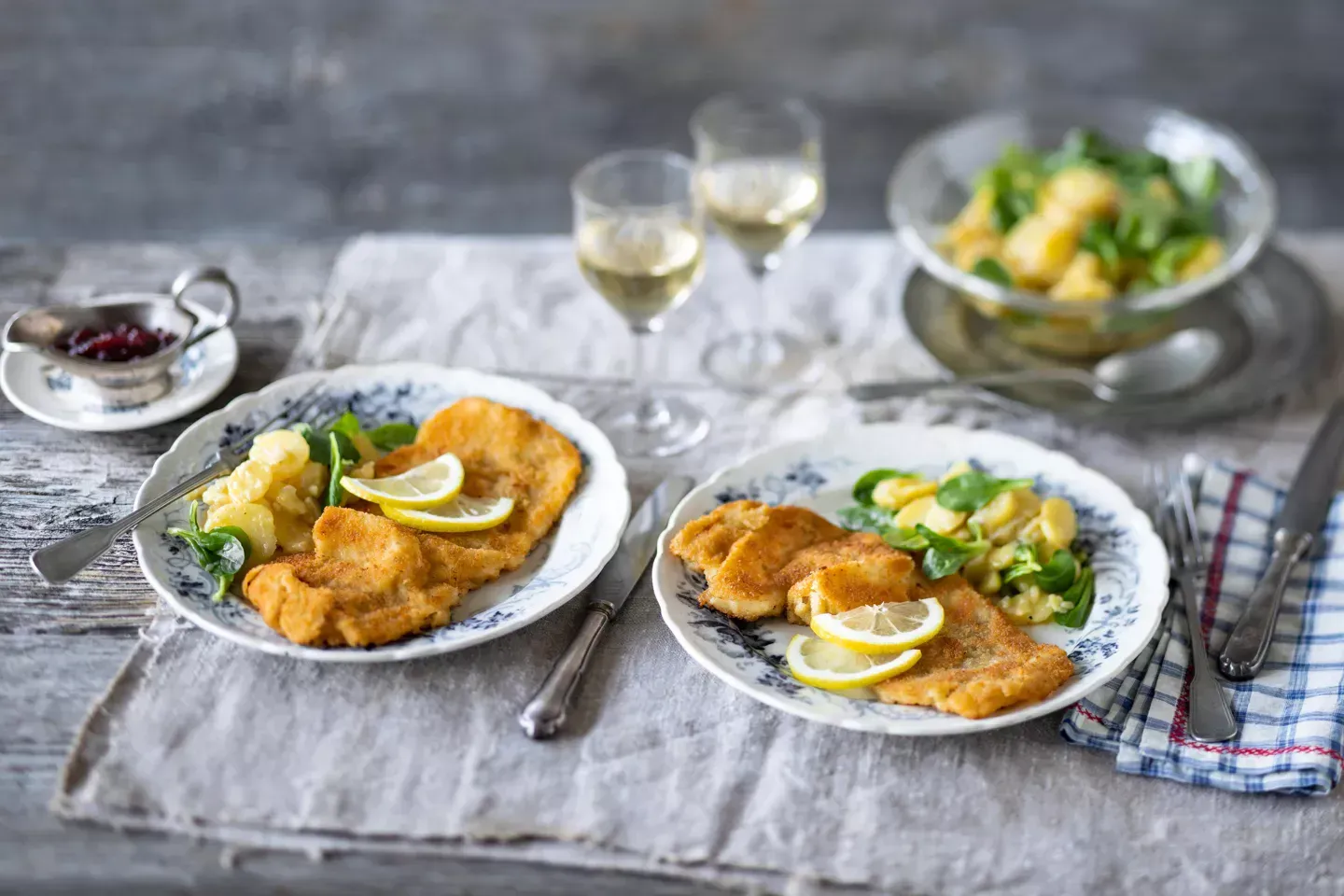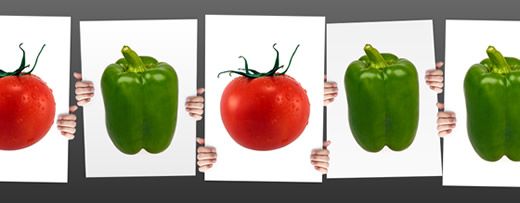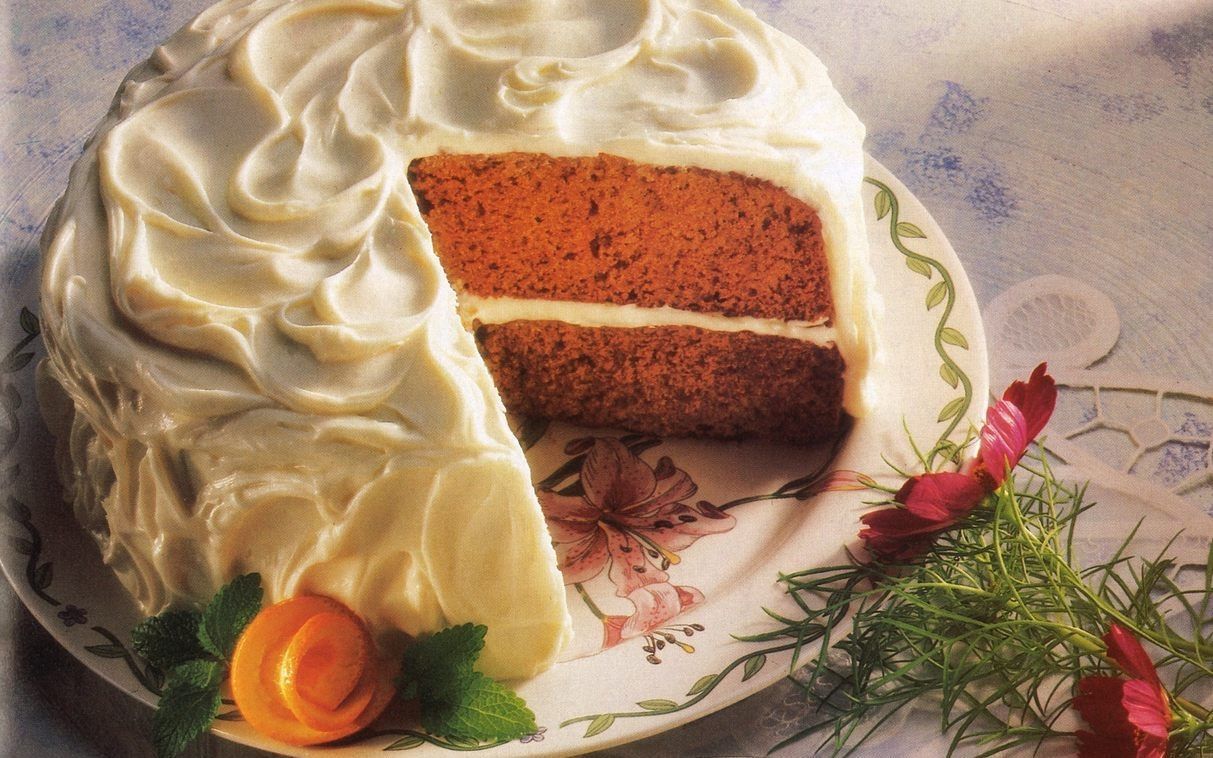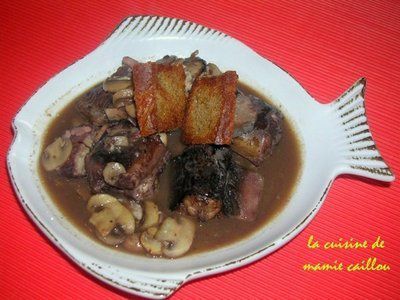Your 18 October food & drink takeaways
An inventor pops up with a kitchen essential, why fish pie was not appropriate for a literary leading lady and the revolutionary who believed good government depended on a good kitchen.
Just some of food & drink delights that 18 October brings to the table.
Click on the links for extra helpings.
A curated taster menu of every day’s food & drink associations
Food firsts
1921
American inventor Charles Strite received a parent for the first pop-up toaster on this day.
"It's hard to imagine that before that time, most toasters had a door on either side that was hinged at the bottom to insert and remove a slice of bread. It was up to the user to open it at the right time. The advantage of Strite's invention is that it toasted both sides at once, and it did not rely on human attention to avoid burning. Strite's "Toastmaster" was introduced by Minneapolis manufacturer Waters-Genter Co. in 1921, as a product for commercial kitchens."
Food in writing
1910
English author E. M. Forster’s Howards End was published on this day. At one point of the novel about social mores in turn-of-the-century England, main character Margaret is invited to Simpsons in the Strand restaurant and asked by her father what she’d like to order.
"Fish pie," said she, with a glance at the menu.
"Fish pie! Fancy coming for fish pie to Simpson's. It's not a bit the thing to go for here."
"Go for something for me, then," said Margaret, pulling off her gloves. Her spirits were rising, and his reference to Leonard Bast had warmed her curiously.
"Saddle of mutton," said he after profound reflection; "and cider to drink. That's the type of thing. I like this place, for a joke, once in a way. It is so thoroughly Old English. Don't you agree?"
"Yes," said Margaret, who didn't. The order was given, the joint rolled up, and the carver, under Mr. Wilcox's direction, cut the meat where it was succulent, and piled their plates high.
If, like writer Rebecca Selman on the From Page to Plate website, you'd like to give Margaret her wish of fish pie, click on the pic below for the recipe.
Food and drink birthdays
1753
Jean Jacques Regis de Cambaceres
French politician, lawyer and Napoleonic revolutionary whose pride in the lavishness of his table arose from his conviction that good government depended on a good kitchen.
“One of Cambacérès’s twice-weekly dinners. . . lasted from 5.30 until 10, included 24 guests, and was followed by a much larger salon at his spectacularly grand home, the Hôtel Roquelaure on the Boulevard St Germain (now the ministry of ecology and sustainable development).
“The ingredients for Cambacérès’s kitchen came from all over France. Dinner was served in two courses, of 18 dishes each. When authorities in Paris impounded an enormous consignment of trout from Geneva headed for the Hôtel Roquelaure, Napoleon had the the ruling overturned; and when he declared that the postal service couldn’t be used by public officials to transport their private food supplies, he made an exception for Cambacérès.”
1904
Celebrated American journalist and New Yorker writer, Between Meals, Memoirs of a Feeder in France
1945
American chef and food writer, author of the Culinary Calendar and Food Reference Website
1979
Canadian chef










